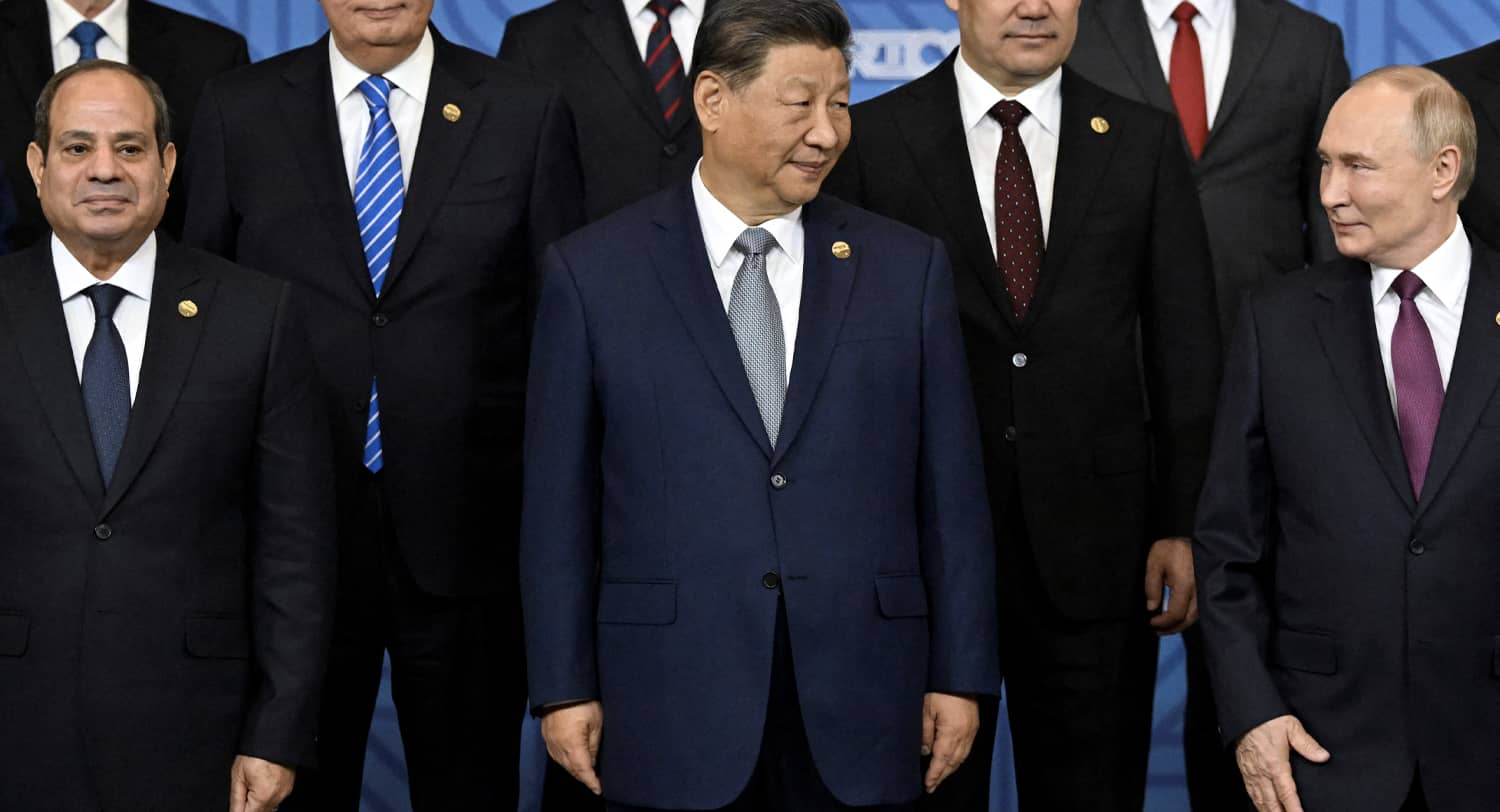The Hamas attacks of October 7, 2023 marked a critical test of Israel’s quiet military partnership with Egypt. For more than a decade, Egypt and Israel maintained robust security coordination focused on ISIS cells in the Sinai peninsula. That cooperation, mostly kept out of the media, now faces its most serious challenge.
Since the conflict in Gaza began over 18 months ago, reports state that weapons used by Hamas were smuggled through Egyptian territory, indicating neglect or worse by the Egyptian security services. Simultaneously, Egypt has deployed tanks and military aircraft to Sinai, triggering a requirement for Israeli approval under the 1979 Israel-Egypt peace treaty. Further straining the relationship, Cairo refuses to permit Gazan civilians to cross into Egyptian territory, instead insisting that Israel bear full responsibility for managing the humanitarian crisis in the Gaza Strip.
All this underscores a persistent problem in Egypt-Israel relations: despite years of operational collaboration, much of Egypt’s military leadership continues to view Israel with deep suspicion. The security coordination of the past decade has been led by a small group of senior officers with a pragmatic outlook. Yet this cooperation has not translated into broad institutional acceptance of Israel as a strategic partner. When the Gaza crisis unfolded, these officials hesitated to take steps that might have helped Israel respond more effectively.
For US policymakers, this should be a wake-up call. The success of trilateral coordination between Washington, Cairo, and Jerusalem cannot rest on personal relationships alone. It requires systemic trust and a durable strategic vision, especially as Egypt deepens its military ties with China, which is far less interested in Egypt-Israel relations than the US.
Three schools of thought have emerged in Egypt’s military establishment over the 46 years since the peace treaty with Israel.
The first sees Israel as a permanent adversary. Officers aligned with this camp, often steeped in Nasserist ideology, believe Egypt must remain in a latent state of hostility toward Israel, limiting cooperation to treaty-mandated security coordination in Sinai and rejecting normalization of any kind.
The second school adopts a more guarded stance. It views Israel not as an enemy but as a persistent strategic competitor. Israel’s superior military capabilities, technological dominance, and close alignment with the United States feed a sense of unease. Many in this group see Israel’s success not only as a regional imbalance but also as a reminder of Egypt’s own stagnation in defense modernization.
Finally, a smaller third camp advocates for a pragmatic and transactional approach. These officers support cooperation when it aligns with Egyptian national interests, particularly in combating terrorism and countering political Islam. This camp views Israel less ideologically and more operationally. It was from this camp that President Abdel Fattah el-Sisi emerged. A former head of military intelligence (in which role he cooperated closely with Israeli counterparts), Sisi has prioritized the fight against political Islam – including the Muslim Brotherhood and Hamas – over preparing for confrontation with Israel.
These three schools share several limiting assumptions, despite their differences. Historically, Egypt’s multiple wars with Israel continue to shape the institutional psyche of the armed forces. Anti-Israel narratives, often laced with antisemitic rhetoric, remain embedded in military discourse and education. There is also a common misperception that Israeli society consists largely of European transplants lacking Middle Eastern roots. This mistaken view reinforces the idea that Israel is an alien imposition rather than a legitimate regional actor.
Compounding these issues is the discomfort with minority self-determination that Israel symbolizes. In a region where ethnic and religious minorities, including the Copts in Egypt, are often denied autonomy, Israel’s very existence challenges entrenched assumptions about statehood and identity. For many in Egypt’s military hierarchy, the idea of a thriving, sovereign minority population remains unsettling.
Yet security challenges in the Gaza Strip and Sinai peninsula are not going away. Continued instability there demands deepened military and intelligence cooperation with Israel. But keeping these efforts in the shadows is short-sighted. Publicizing areas of successful collaboration could help normalize Israeli engagement within Egypt’s military establishment, slowly shifting perceptions and undermining outdated hostilities.

That is where Washington must act. Egypt is not only a longtime recipient of US military aid, it’s also a strategic partner in regional diplomacy. However, its drift toward alternative patrons like China and Russia should be met with careful recalibration, not indifference. The Trump administration should reaffirm that robust military ties with Israel are not only compatible with Egypt’s national interests – they are essential to them.
At the same time, the United States should work to expand trilateral initiatives that bring together Egypt, Israel, and American defense stakeholders. From counterterrorism and border security to climate resilience and disaster response, shared threats demand shared solutions. Incentivizing Egypt to view Israel as a partner in stability – not just a neighbor to be managed – will serve American interests in sustaining a cooperative and resilient Middle East.
The crisis sparked by October 7 revealed the limits of tactical cooperation. If Washington wants regional partnerships to survive future stress tests, it must invest now in helping its allies move from informal coordination to genuine strategic alignment. The durability of Egypt-Israel military relations, and the broader security architecture they underpin, may depend on it.

